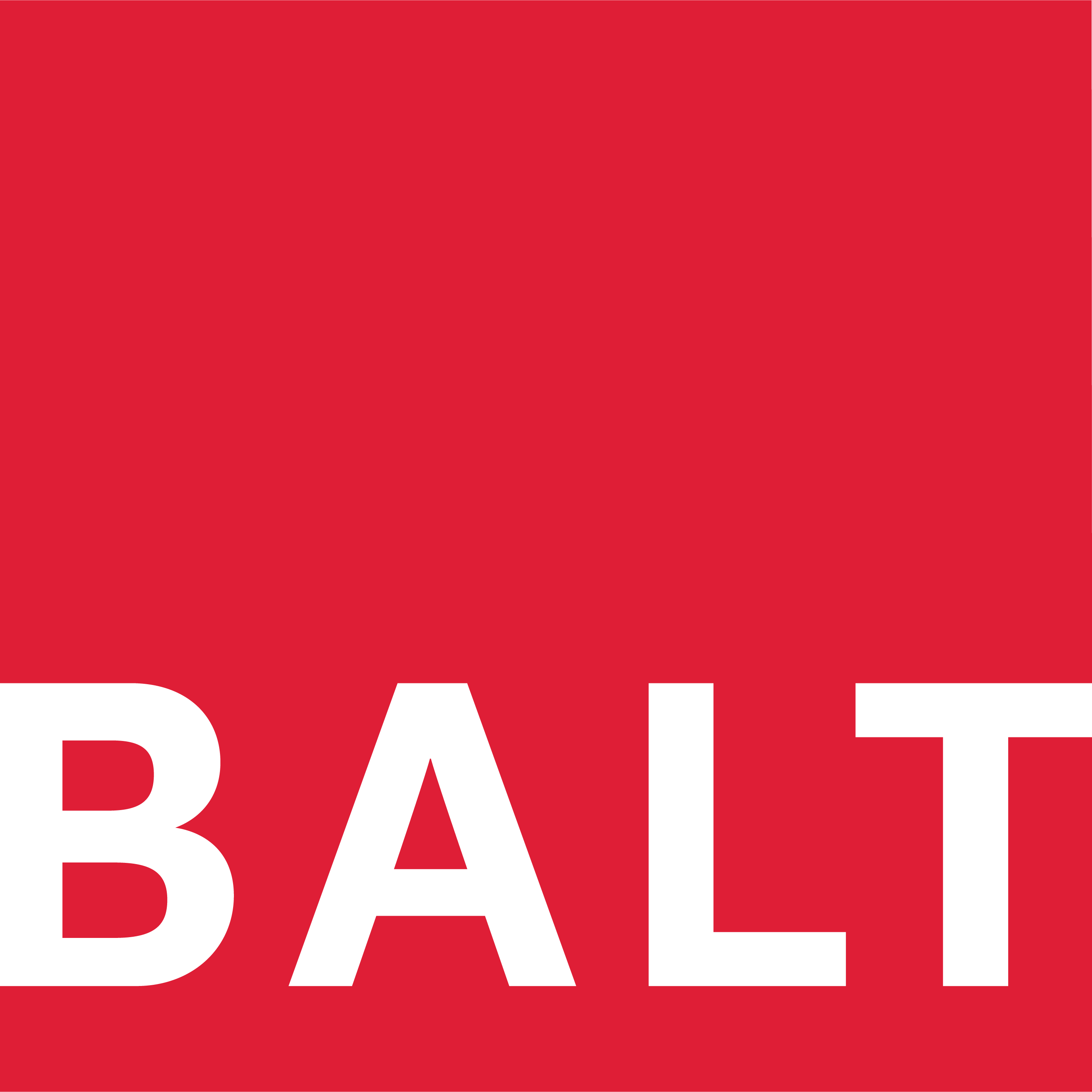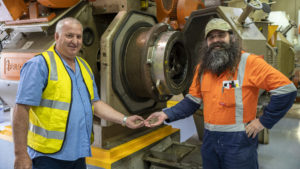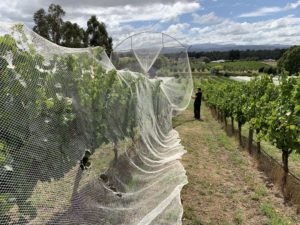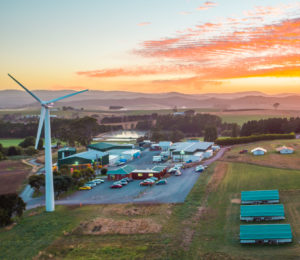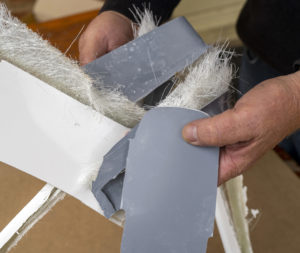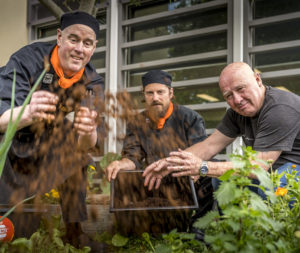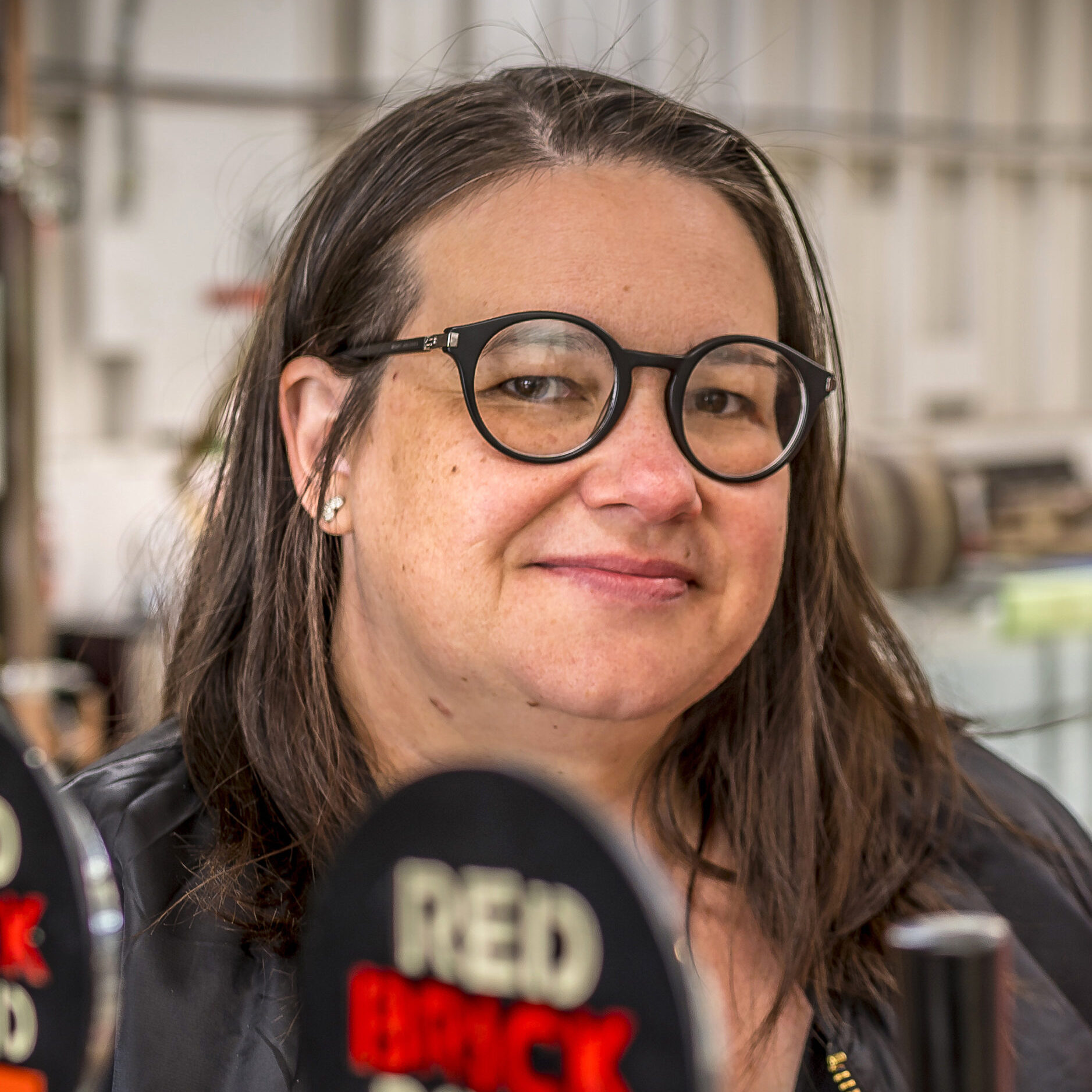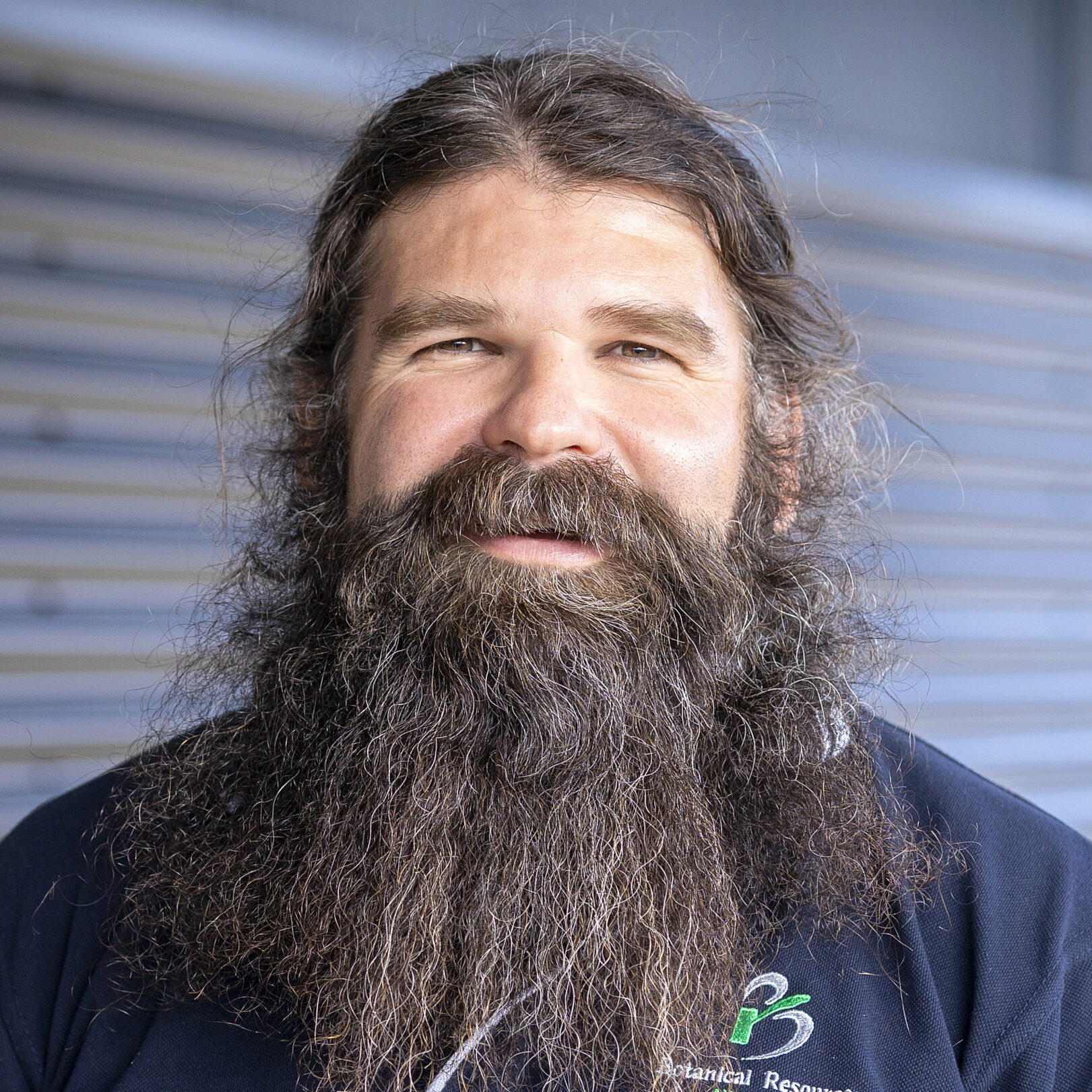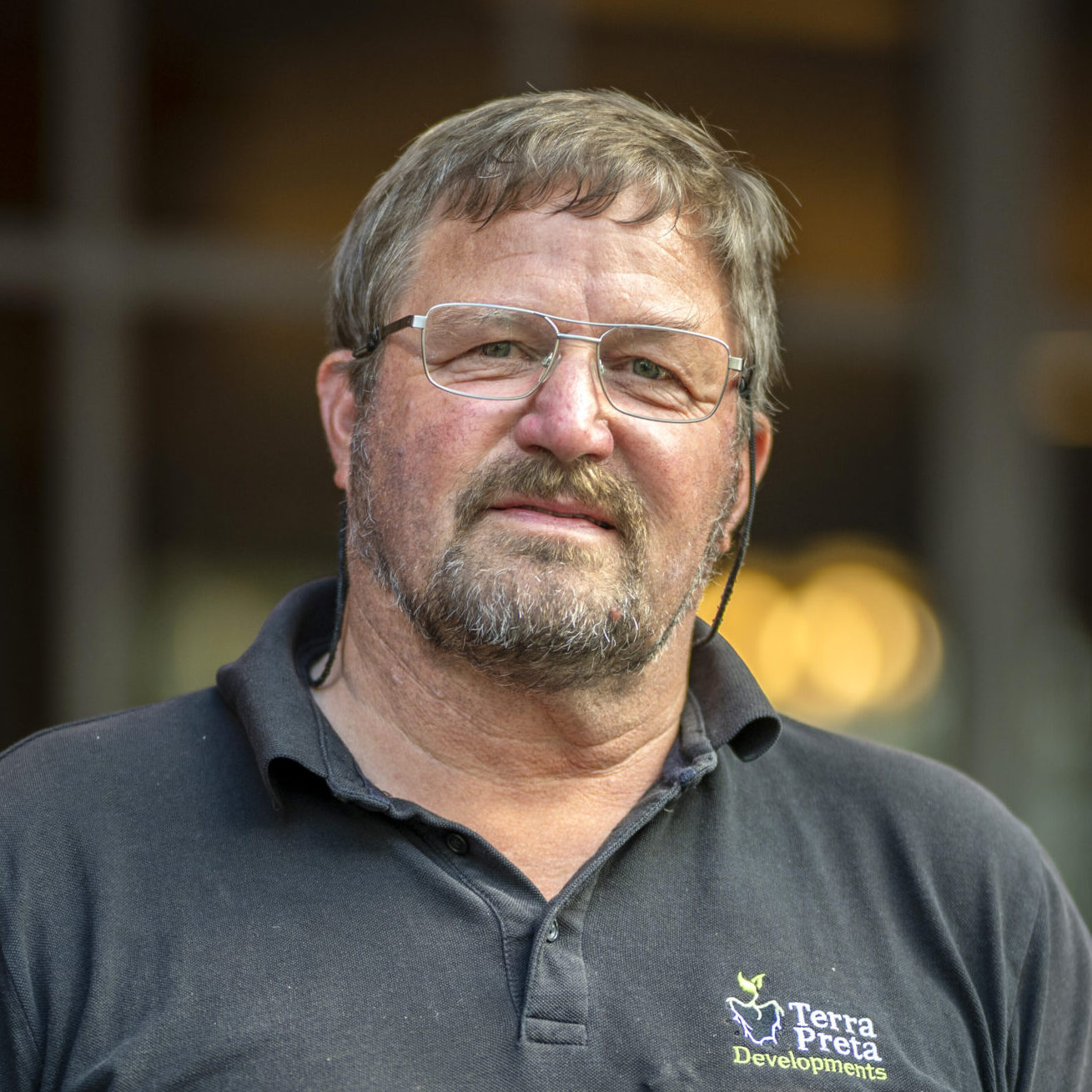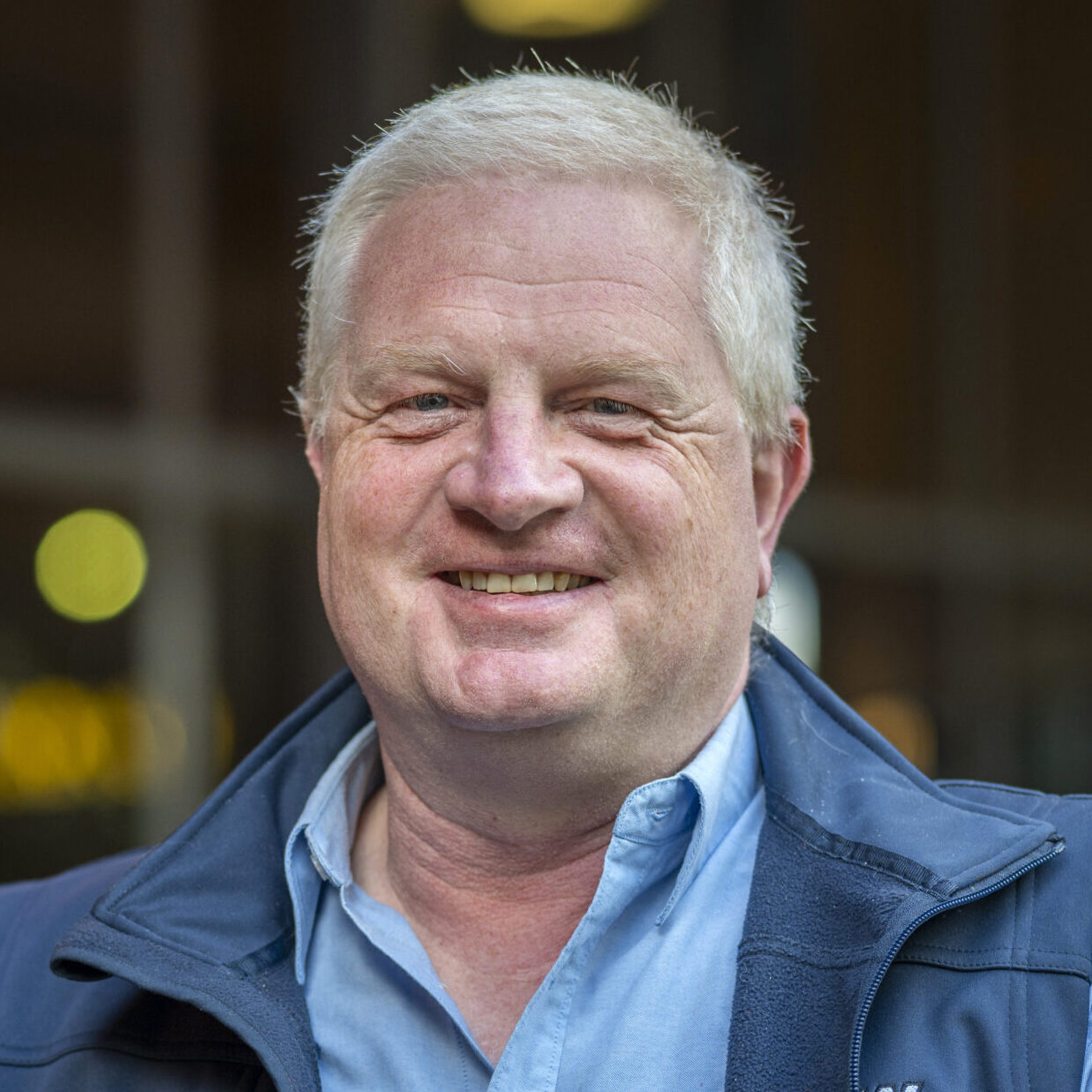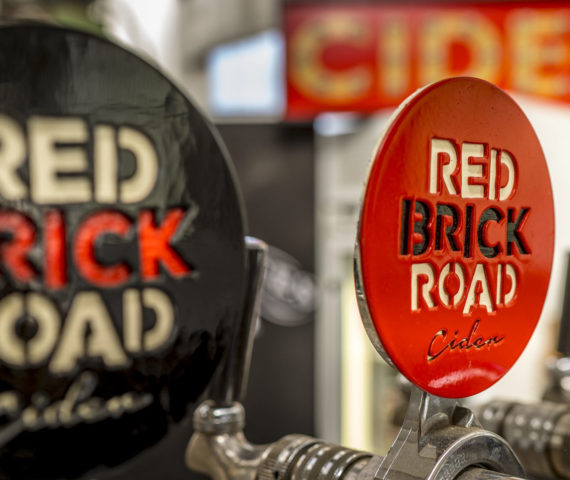
ReGINeration project
Red Brick Road Ciderworks recently acquired a still and already produces a top-shelf Tasmanian gin. The business generates very little residual waste during production. Product is mainly served in venues, reducing the need for retail packaging, and compostable cups are used for serving cider at outdoor events. Waste cider from spill trays is collected at all venues and events and the owners saw an opportunity to ‘up-cycle’ this waste by distilling it into gin.
The Project
The business has a unique ‘pop-up’ bar design, which presented an opportunity to convert waste cider generated during drink service into spirit.
Objectives
-
Undertake new product development for a spirit distilled from waste cider collected in drip trays during drink service.
Targets
-
Establish processes for collection and storage of waste.
-
Conduct production trials and product testing.
-
Standardise and take to full production.
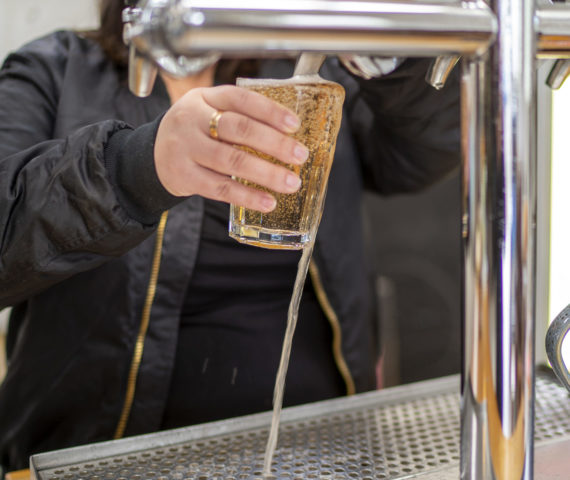
The business has a small portable drum under the bar at each venue to capture waste cider from spill trays during service.
Outcomes
What was implemented?
-
Procedures for cider waste collection introduced and staff trained.
-
Zero product waste achieved at two venues and most events.
-
Recycling bins installed at CiderWorks site.
-
FOGO bins introduced at Launceston Night Markets to collect compostable waste.
-
Sustainability students from University College toured the production process.
Key issues
-
As founders, we can be very responsive and creative but we have to prioritise the day-to-day issues that inevitably arise in small business.
-
Collecting and transporting waste is added work, so I had to get the whole team onboard.
Performance against targets
-
The ReGINeration project resulted in the commercialisation of two new products: Gin Garden Cider and Ginposter Zero Alcohol Gin.
-
Future bar waste will be used for commercial gin and the business is trialling spirits derived from other wastes, such as coffee grounds.
Lessons Learnt
-
The hardest issues to tackle are people not process.
-
It is extremely hard to eliminate plastic from food manufacturing.
-
Sustainability is more easily achieved when there is an economic driver.
-
Small changes can be made but Tasmania also needs a whole-of-system approach.
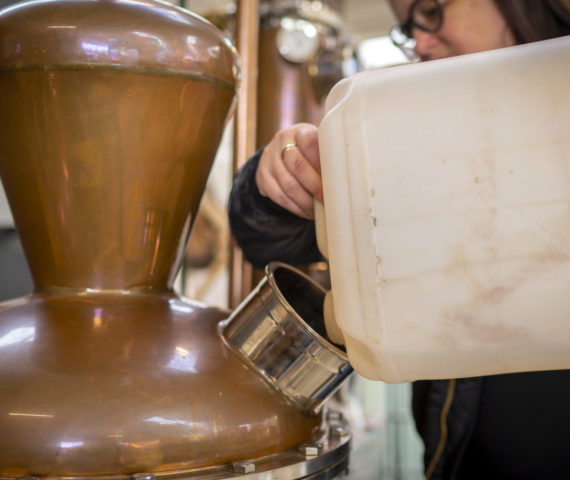
Cider waste collected during service is returned to the Ciderworks in Deloraine and distilled to produce spirits.

Karina Dambergs
Cidermaker
